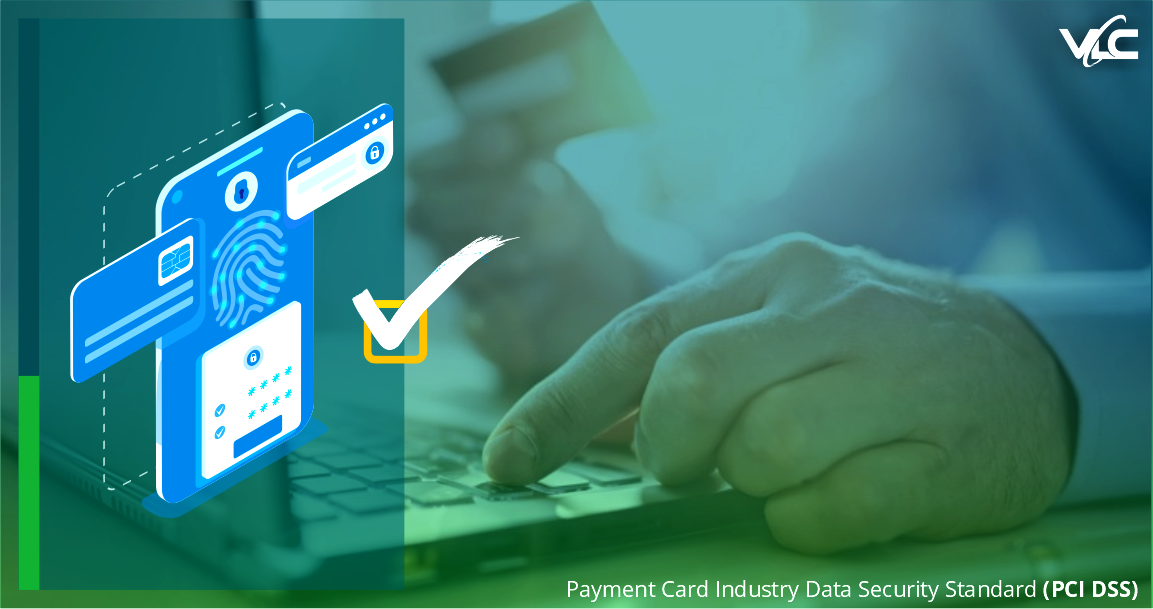The Multiple Facets of PCI DSS Compliance
Data breaches today have become an expected commonality because of the glut of information for both businesses and individuals alike. It is said that monetary gains inspire about 86% of data breaches, and payment card data is the most coveted line. Furthermore, web apps, rather than sale devices, are the principal scapegoats. Now one might understand why credit card companies require PCI DSS compliance. In this blog post, PCI DSS compliance for businesses and the significance of a PCI DSS Self-Assessment Questionnaire have been holistically discussed.
Getting to Know the Basics of PCI DSS Compliance
Credit card figures are some of the most quintessential forms of personal data. The Payment Card Industry Data Security Standard (PCI DSS) is nothing but an information security structure intended to assist companies in guarding that data.
It is an implementable system that serves you in checking, identifying, and responding to security events. When one collects, processes, or transfers cardholder info, one must ensure compliance to mitigate the risk of a data violation and mask its influence.
Different PCI DSS controls apply based on the nature of the cards under one’s operation and the quantum of annual transactions. There are different levels for retailers and service providers to distinguish, but one can gain an overall understanding of PCI DSS with this blog. The Self-Assessment Questionnaire (SAQ) relevant to your company influences how various conditions apply to you.
Defining a PCI Self-Assessment Questionnaire
An SAQ or Self-Assessment Questionnaire is a sequence of yes-or-no questions for every PCI DSS specification. This self-evaluation instrument aids you in estimating the resilience and security of the cardholder data collected, communicated, or processed by your business. Moreover, irrespective of being a retailer or a service provider, one would be required to comply fully.
The Importance of PCI DSS SAQ
The PCI SSC, or the Payment Card Industry Security Standards Council, is an autonomous organization formed by significant payment card brands. These prominent brands create industry practices, monitor data lacunae, and apply their conclusions to enhance the PCI framework’s health.
This self-evaluation is often perceived as a checklist. However, it returns to plague companies when a violation occurs. According to Verizon’s Payment Security Report, it was discovered that just about 27.9% of businesses were fully compliant with PCI DSS through their stopgap compliance assessment.
Misleading oneself on self-evaluating questionnaires and manual errors can drive data infringements and penalties. PCI DSS regulations approach such basic security vulnerabilities. But still, they can be misused when they are not performed flawlessly.
Staying pliant with PCI DSS only during a specific time cannot check fluctuations in your ecosystem. Such changes can affect your compliance, which will, in turn, impact your overall security. To guarantee that PCI DSS regulations are being continuously implemented, compliance must be made a significant part of the routine business activities.
Declaration of Compliance
Every SAQ comes with an Attestation of Compliance (AoC) card that you must fill in after satisfying all the conditions for your relevant SAQ. Payment processing elements, payment gateways, procuring banks, consumers, and other involved parties needing proof of accurate PCI DSS compliance generally ask for this document.
PCI DSS Penalties
When you don’t fulfill the PCI criteria for compliance, you could suffer monthly penalties varying between $5,000 and $100,000. The payment brands, at their discretion, also fine an acquiring bank for breaches. The banks generally convey this fine to the retailer. Further, the banks may also annul your relationship or raise the transaction fee.
Today, it is a big task to operate a business without credit cards! Therefore, PCI DSS compliance can be a deal-maker or a deal-breaker. If you’re hoping for deeper insights and practical guidance on how to select the best-suiting PCI Self-Assessment Questionnaire, do reach out! We would be delighted to help.
